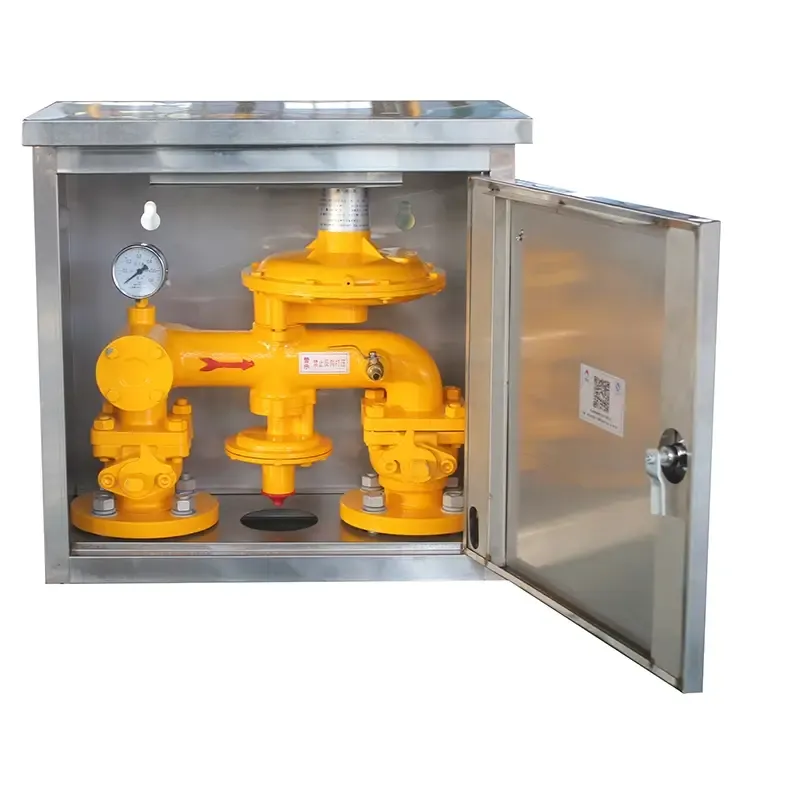
Dec . 24, 2024 13:35
Back to list
Gas filtration for efficient gas processing solutions
Understanding Gas Filters An Essential Component in Modern Technology
In the realm of industrial applications, gas filters play a critical role in ensuring operational efficiency and environmental protection. As industries continue to evolve, the need for effective filtration systems has become increasingly paramount. This article delves into the significance, types, and functioning of gas filters, particularly focusing on gaseous filtration systems.
What Are Gas Filters?
Gas filters are devices designed to remove impurities from gases in various industrial processes. Whether in petrochemical plants, power generation facilities, or waste management systems, gas filters are integral to maintaining the purity of gases and minimizing harmful emissions. Their primary function is to trap particulates, aerosols, and other contaminants, ensuring that the gases used or released into the atmosphere are clean and safe.
Importance of Gas Filtration
The necessity for gas filtration arises from multiple factors
1. Environmental Regulations Governments and international organizations have set stringent regulations to control air pollution. Gas filters help companies comply with these standards, reducing harmful emissions that can affect public health and the environment.
2. Operational Efficiency Clean gases contribute to the optimal functioning of equipment. Contaminants can lead to corrosion, blockages, and other issues that hamper machinery efficiency. By employing gas filters, companies can enhance the reliability and longevity of their equipment.
3. Safety Standards Certain industries handle hazardous gases. An effective filtration system mitigates the risk of leakages or explosions, safeguarding workers and surrounding communities.
.
Gas filtration technology is not one-size-fits-all; various types of gas filters are available, each suited for specific applications
فلتر الغاز الغازي الغازي

1. HEPA Filters (High-Efficiency Particulate Air Filters) These filters can trap 99.97% of particles that are 0.3 microns or larger. They are commonly used in clean rooms and laboratories where maintaining a particulate-free environment is critical.
2. Activated Carbon Filters These filters use activated carbon to adsorb gas-phase pollutants and volatile organic compounds (VOCs). They are effective in air purification systems, odor control, and in applications requiring the reduction of gaseous contaminants.
3. Electrostatic Filters Utilizing electrostatic charge, these filters attract and capture particles as they pass through, making them efficient for removing smaller particles from gas streams.
4. Membrane Filters These filters consist of a thin barrier that allows certain gases to pass while blocking others. They are often utilized in gas separation technologies, such as the extraction of oxygen from air.
How Gas Filters Work
The operation of gas filters typically involves several stages
1. Pre-filtration Larger particles are removed through mechanical means like mesh or cyclone separators before entering the main filtration system. This process reduces the burden on finer filters and prolongs their lifespan.
2. Main Filtration The gas passes through the filter medium, which captures smaller particles and impurities. This is where the choice of filter type becomes significant, as each medium has its unique mechanism for trapping contaminants.
3. Post-filtration Some systems may incorporate secondary filters for further purification, particularly when dealing with highly sensitive applications or when the effluent gas must meet strict purity standards.
Conclusion
Gas filters are invaluable in contemporary industry, serving as guardians of both equipment health and environmental safety. As technology advances and pollution control becomes ever more crucial, the role of gas filtration systems will only grow in importance. Understanding the types of gas filters and their applications can aid industries in making informed decisions about their filtration needs, ultimately leading to cleaner operations and a healthier planet. As we progress into an era that demands sustainability and efficiency, investing in effective gas filtration technologies is not just a regulatory necessity but a moral imperative for today’s enterprises.
Next:
Latest news
-
Safety Valve Spring-Loaded Design Overpressure ProtectionNewsJul.25,2025
-
Precision Voltage Regulator AC5 Accuracy Grade PerformanceNewsJul.25,2025
-
Natural Gas Pressure Regulating Skid Industrial Pipeline ApplicationsNewsJul.25,2025
-
Natural Gas Filter Stainless Steel Mesh Element DesignNewsJul.25,2025
-
Gas Pressure Regulator Valve Direct-Acting Spring-Loaded DesignNewsJul.25,2025
-
Decompression Equipment Multi-Stage Heat Exchange System DesignNewsJul.25,2025

